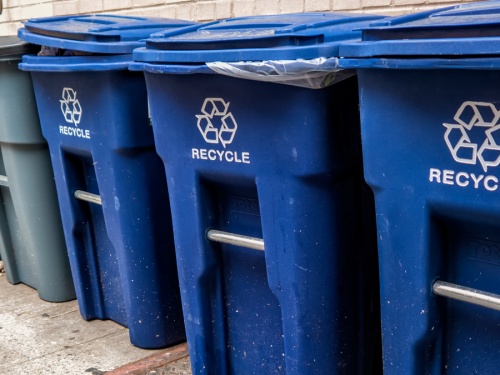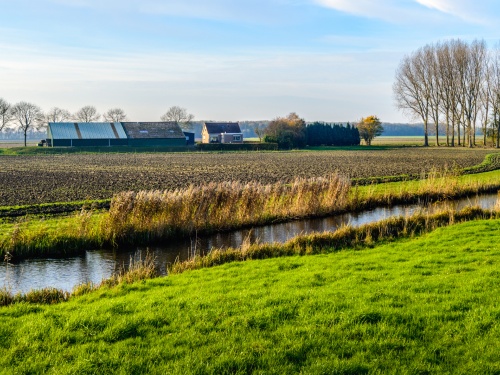
The ECO Act reduces emissions, increases energy innovation, creates jobs, and saves Minnesotans money.
In May of 2021, the Minnesota Legislature secured a bipartisan clean energy victory by passing the Energy Conservation & Optimization (ECO) Act—the first piece of major clean energy legislation passed since 2013. Thanks to the ongoing work of Conservation Minnesota, our partners, and a bipartisan set of legislative leaders Minnesota is leading the nation in energy efficiency policy.
The ECO Act:
- will reduce energy consumption and incentivize the use of our most efficient sources of energy.
- is supported by all electrical utilities in the state, the program saves customers money while helping utilities reach their carbon reduction goals.
- reduces energy waste which means we need to build fewer power plants, which saves consumers money and reduces carbon.
Over the past 20 years, energy efficiency projects have saved Minnesota enough energy to prevent 10 power plants from being built.
Minnesota has a successful history of investing in energy efficiency through the Conservation Improvement Program (CIP). The program reduces energy use through investments in weather stripping, efficient appliances, lighting upgrades, and more. The ECO Act expands upon this program to allow utilities to transition to cleaner fuel sources. It will also dedicate up to $12 million in new spending for efficiency measures for low-income customers, including renters.
Conservation Minnesota and our partners in the clean energy sector championed the ECO Act for several years. Through targeted communications, education campaigns, and relationship building, Conservation Minnesota shared the power of energy efficiency and the ways it benefits Minnesota businesses, communities, and consumers.
At the end of the 2021 legislative session the ECO Act was passed and signed into law. With the only divided legislature in the nation, Minnesota demonstrated to other states and the federal government how to create innovative public policy to make progress on clean energy.
In a time of party line politics, the ECO Act shows us that bipartisanship, compromise, and coalition building can deliver major policy victories.
Paul Austin, Executive Director of Conservation Minnesota
The ECO Act has been an important piece in Governor Walz’s path to 100% clean energy proposal. It joined additional meaningful clean energy policy passed in the Commerce & Energy Omnibus Bill. The bill includes an impressive list of new policies, many of which will reduce air pollution, help the state meet its greenhouse gas emission and renewable energy goals, and provide economic stimulus and community support.
The diverse set of programs proves it is possible to find innovative bipartisan solutions rooted in compromise and coalition building. “Legislators and advocates should be proud of the strong energy bill passed today and the passage of the Energy Conservation and Optimization (ECO) Act earlier this session,” said Nels Paulsen, Policy Director at Conservation Minnesota. “We haven’t seen such strong clean energy policies since the bipartisan effort to pass the Next Generation Energy Act in 2007.”











